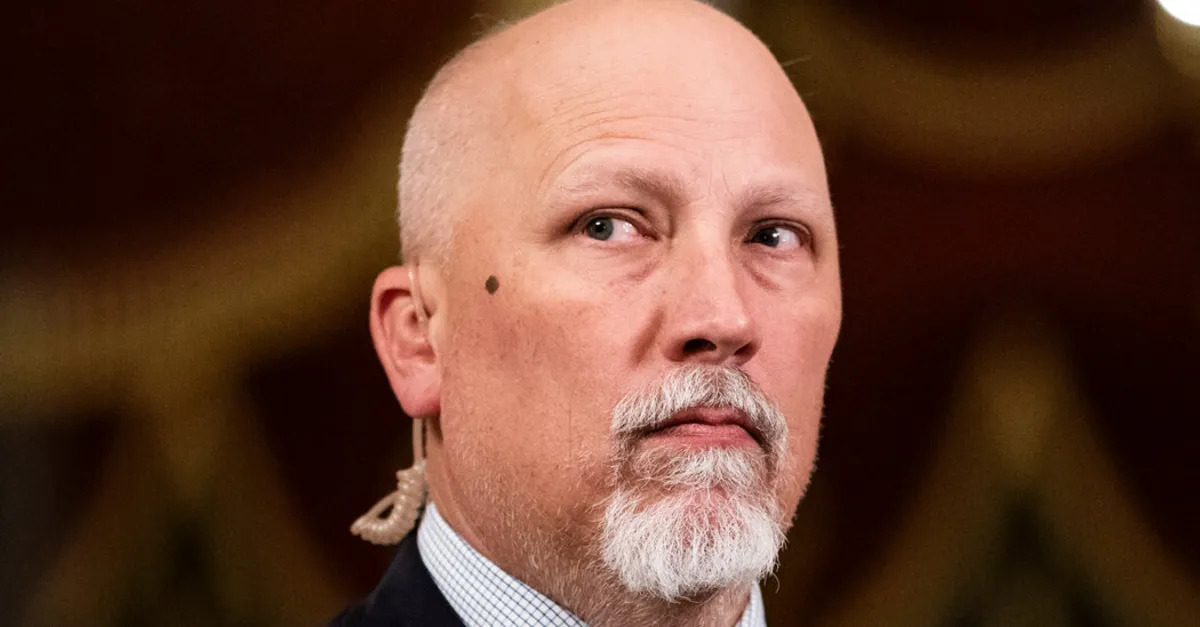
In a cold December afternoon last year, Representative Chip Roy of Texas found himself in a suite within the speaker’s office at the Capitol, articulating his staunch opposition to a year-end spending bill that proposed to suspend the federal debt limit. During this critical discussion, a message from former President Trump arrived, asserting that Roy was obstructing what Trump labeled as a necessary Republican victory. Trump criticized the congressman on his social media platform, stating, “The very unpopular ‘Congressman’ from Texas, Chip Roy, is getting in the way, as usual, of having yet another Great Republican Victory - All for the sake of some cheap publicity for himself.”
This was not the first instance where Trump had voiced his desire for Roy's ouster; however, Roy remained resolute. Shortly after receiving the president’s message, he took to the House floor to deliver a passionate and critical speech against the very legislation Trump urged him to support. This moment marked the beginning of an ongoing conflict, as Roy stands firm against pressure from Trump to align with his significant domestic policy initiatives.
During his speech, Roy articulated his frustrations clearly: “To take this bill yesterday and congratulate yourself because it’s shorter in pages, but increases the debt by $5 trillion, is asinine,” he stated. “I’m absolutely sickened by a party that campaigns on fiscal responsibility and has the temerity to go forward to the American people and say you think this is fiscally responsible.” His comments encapsulate a growing concern among some Republican members about maintaining fiscal responsibility in the face of increasing federal expenditures.
Roy's ideology is at the forefront as he leads a faction of right-wing holdouts advocating for significant amendments to what Republicans are calling their “big, beautiful bill,” which encompasses tax cuts and spending reductions. These lawmakers argue that the proposed legislation would exacerbate the already escalating federal debt, creating a burden for future generations.
This faction's resistance is a significant factor contributing to the challenges faced by Speaker Mike Johnson in securing the necessary votes to pass the spending package. The ongoing tension raises a critical question: Will Chip Roy maintain his stance against the proposed package, or will he ultimately concede, as he has often done in the past after initially threatening to derail key party initiatives? The answer to this question could have profound implications for the future of the Republican Party’s legislative agenda.
As the political landscape evolves, the actions and decisions of Representative Chip Roy and his fellow right-wing holdouts will undoubtedly play a pivotal role in shaping the party’s approach to fiscal policy and governance in the coming months.